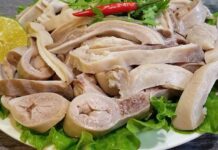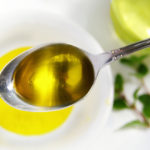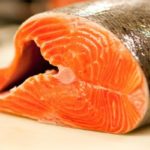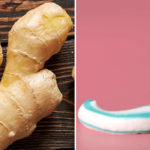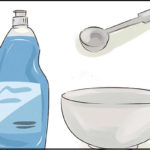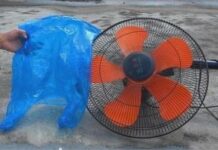Reduce Spiciness with Cooking Oil
If the above methods don’t work, you can choose to use cooking oil to rinse your mouth to alleviate the spiciness. However, few people use this method because they are reluctant to have their mouths covered with a lot of cooking oil, which can cause discomfort.
If using cooking oil to reduce spiciness, you should choose the type of oil that is used for salad dressing, such as olive oil, sesame oil, etc., to have a more pleasant smell compared to using animal fat for frying and sautéing. And don’t forget to rinse your mouth with water!
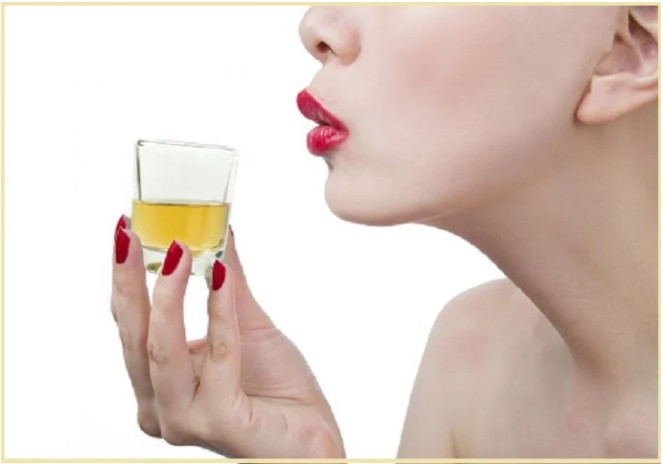
Reduce Spiciness with Toothpaste
The ingredients in toothpaste can help reduce the spiciness in your mouth when you eat spicy food. Therefore, brush your teeth and rinse your mouth clean so that you can effectively reduce the spiciness.
Avoid Consuming Stimulants
Using some hot and alcoholic foods and beverages can cause more irritation to the damaged tongue. Stefanac suggests, “Alcohol is not only an irritant but can also slow down the healing process of the injured cells. Although spicy food does not affect the healing process, it can make the wound more painful.”
In addition, you should also avoid hot foods and drinks to avoid getting burned again, as this will delay the healing process of the wound.
Pause Tongue Scraping
If you have a good oral hygiene habit, you must have heard of brushing your tongue twice a day. Stefanac suggests that you should stop scraping your tongue until it heals to avoid irritation and further pain.
Drink Milk
Dairy products can make the tongue feel more comfortable because they have a soothing and cooling effect. If drinking milk every day makes you bored, you can replace it with yogurt or fruit milk.
Gargle with Salt Water
Gargling with salt water can help reduce symptoms and bacteria in your mouth. That’s why you should use salt water to disinfect your tongue after each meal and before going to bed.
Notes when eating spicy food:
Understanding the harm of eating spicy food, such as acne breakout, mouth heat, constipation, etc.
Understanding your own health: should not eat spicy food (for people with gastric ulcers, chronic gastritis, chronic cholecystitis, hemorrhoids, red eyes, etc.), or eat spicy food in moderation (may apply to people with heart disease, pregnant women, etc.).
Avoid eating spicy food during hot weather, as it can increase body temperature, cause dehydration, and discomfort.
Avoid eating spicy food on an empty stomach, as it can affect the stomach.
Limit eating food that is both spicy and hot, as it can affect the throat, esophagus, tongue burns, and stomach.
According to Khoevadep
Tips on Selecting Healthy Cooking Oil and Safe Ways to Cook with It
A Taiwanese company has made a significant impact on the food industry through the recycling of over 700 tons of dirty oil, which has been exported to over 12 countries, including Vietnam. This has raised a few eyebrows among housewives, as cooking oil is an essential condiment in daily cooking. To ensure the safety and quality of their cooking oil, consumers should take note of the following advice.















